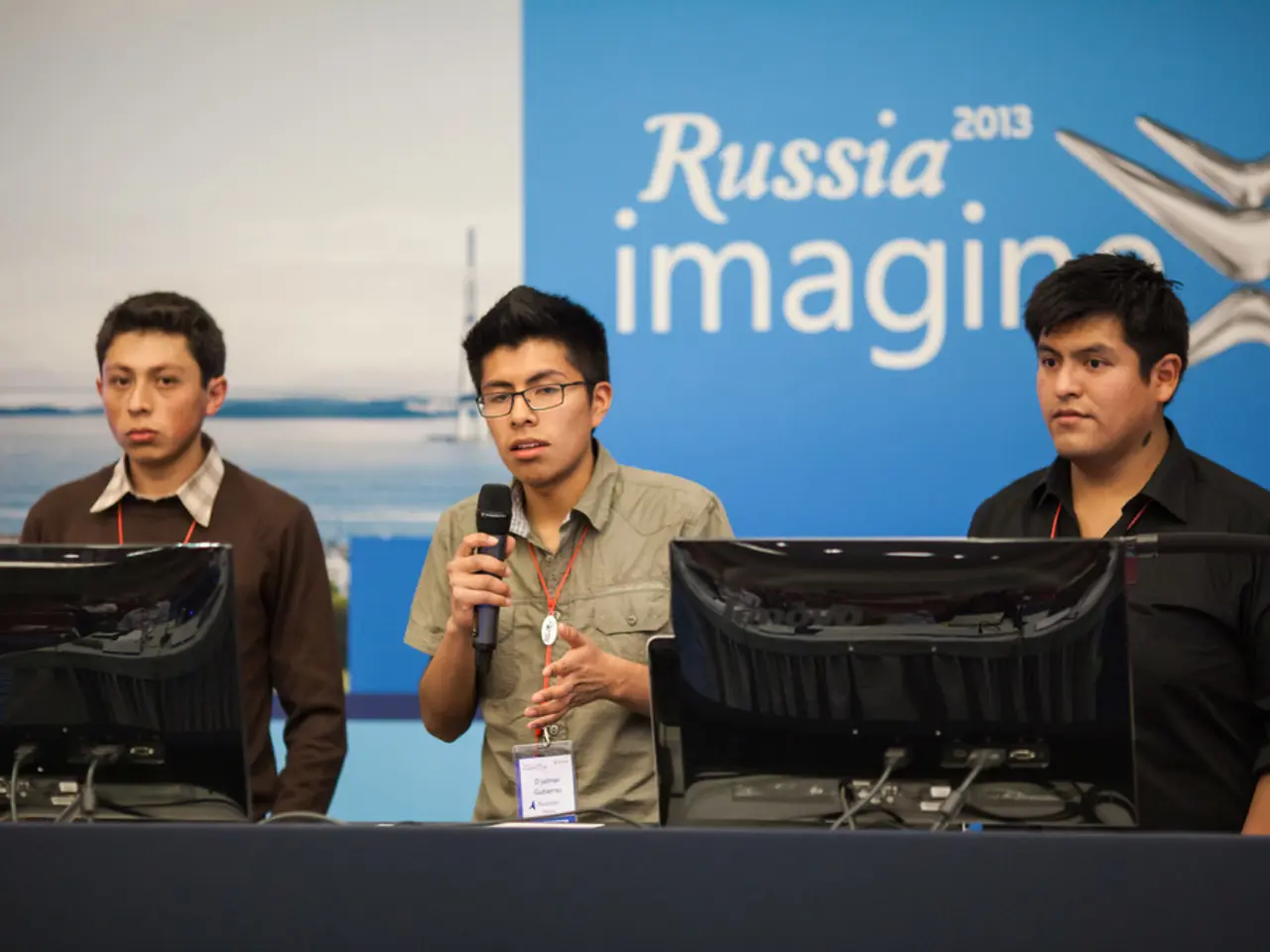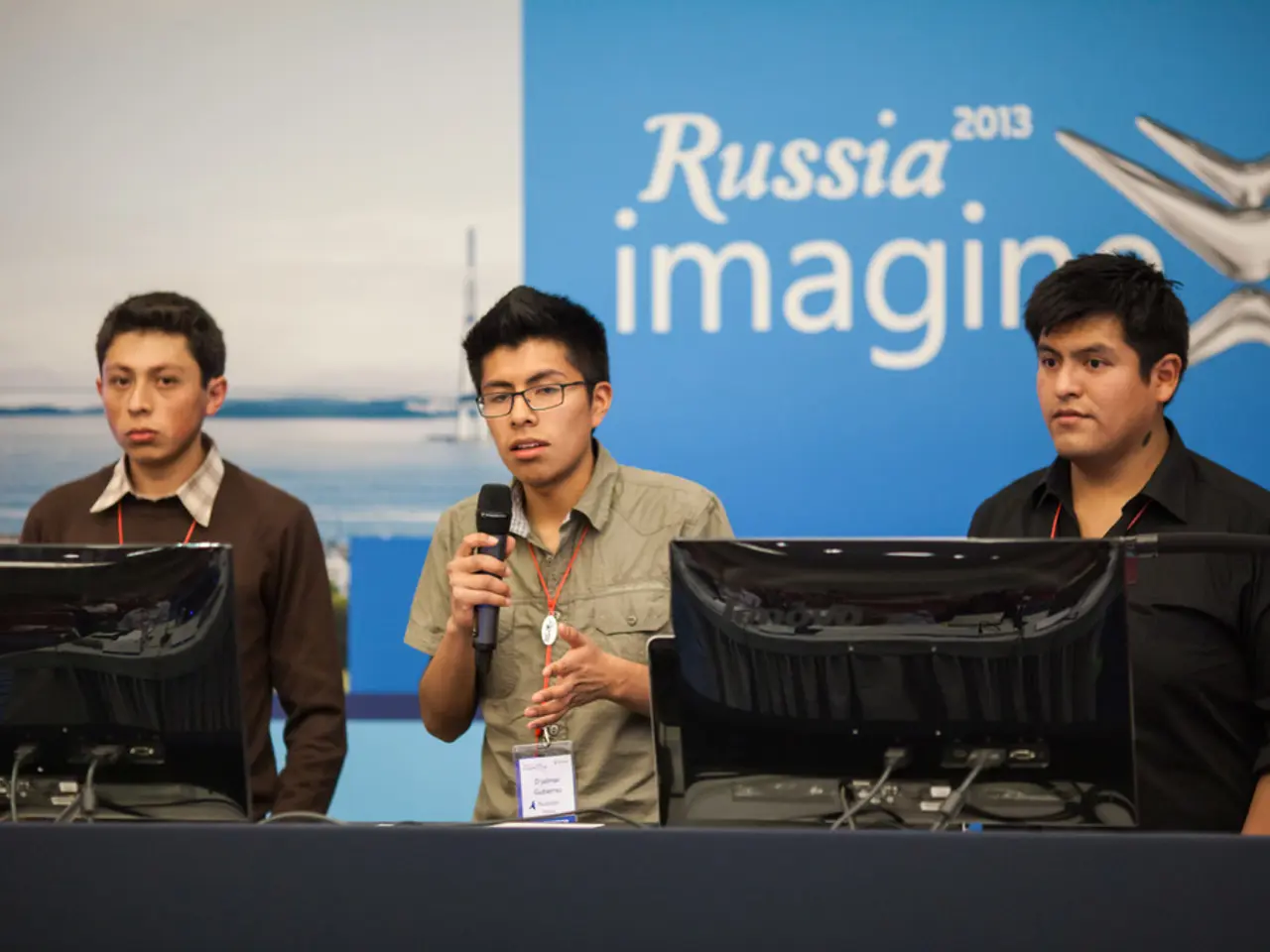India seeks engagement with Syria's newly established administration.
India has taken a significant step in diplomatic outreach by sending its first official delegation to Damascus, Syria's capital, in late July. The delegation, led by M Suresh Kumar from the Ministry of External Affairs, held meetings with Syrian ministers to discuss cooperation primarily in health, technical, educational partnerships, humanitarian aid, and reconstruction efforts.
This diplomatic move marks India's engagement with Syria's interim government led by Ahmed al-Sharaa, who came to power after overthrowing Bashar al-Assad's regime in December 2024. Anil Trigunayat, a former Indian diplomat, stated that India's ties with Syria are part of a bilateral relationship like any other that it pursues.
Muddassir Quamar, an associate professor at the Centre for West Asian Studies at Delhi's Jawaharlal Nehru University, noted that India's outreach reinforces its image as a nonaligned power willing to engage with diverse regimes to promote stability. India sees Syria as a strategic player in West Asia and wants to ensure it remains involved in the country's post-war rebuilding.
Historically, India had a strong relationship with the Assad regime, based on principles of non-alignment and sovereignty, which earned Syria's support on multilateral issues relevant to India, such as backing on Kashmir. Although the new interim government is backed by Turkey—a country with strained relations with India—India's engagement reflects a pragmatic approach aiming at regional stability and influence rather than ideological alignment.
By continuing partnerships in health care (including pharmaceutical industries and medical training) and supporting Syrian professionals' training in India, New Delhi is fostering deeper bilateral ties that could provide long-term influence and rebuild goodwill in a key region. This involvement also fits India’s broader foreign policy objective of engaging with diverse regimes to bolster stability and project its image as a non-aligned nation willing to work with multiple actors.
Shanthie Mariet D'Souza, executive director of Mantraya, stated that India has multiple strategic interests in Syria, including safeguarding the interests of remaining Indians. D'Souza pointed out that by establishing an early relationship with post-Assad Syria, India protects its interests and reduces the risk of a strategic vacuum that could be exploited by others.
The meetings focused on enhancing health cooperation, technical and educational collaboration, and laying the groundwork for humanitarian assistance and future reconstruction efforts. D'Souza also noted that any assistance in the form of reconstruction and humanitarian assistance would be welcomed by the new Syrian regime, which is still facing instability.
Syria's longtime dictator, Bashar Assad, was toppled by a coalition of rebel groups in December. The interim leadership of Syria is now held by Ahmad al-Sharaa, a former leader of Hayat Tahrir al-Sham (HTS). Trigunayat noted that Turkey's hold over Syria's interim leader is significant, and he is looking to engage with other powers including India.
Syria is strategically important for India's regional interests due to its potential role in relations between Turkey and Israel. D'Souza compared India's recent outreach to Syria's interim leadership to its pragmatic shift in Afghanistan, where it has stepped up its outreach with the Taliban rulers after two decades of supporting the previous republican government.
In summary, India is cautiously but actively maintaining ties with Syria’s new leadership to remain a relevant stakeholder in West Asia's geopolitics, support reconstruction, and preserve strategic goodwill in a historically significant relationship. A stable Syria ensures secure trade routes and energy corridors critical to India's economy, particularly as it deepens ties with Gulf states and navigates tensions involving Iran.
- India's diplomatic move to Syria, led by M Suresh Kumar, signals its engagement with the interim government of Syria, which came to power after the overthrow of Bashar al-Assad's regime in December 2024.
- The meetings held in Damascus focused on enhancing health cooperation, technical and educational collaboration, and laying the groundwork for humanitarian assistance and future reconstruction efforts.
- D'Souza, from Mantraya, stated that India's early relationship with post-Assad Syria protects its strategic interests and reduces the risk of a strategic vacuum that could be exploited by others.
- The involvement in Syria aligns with India's broader foreign policy objective of engaging with diverse regimes to bolster stability and project its image as a non-aligned nation willing to work with multiple actors, as demonstrated in its pragmatic shift in Afghanistan with the Taliban rulers.








